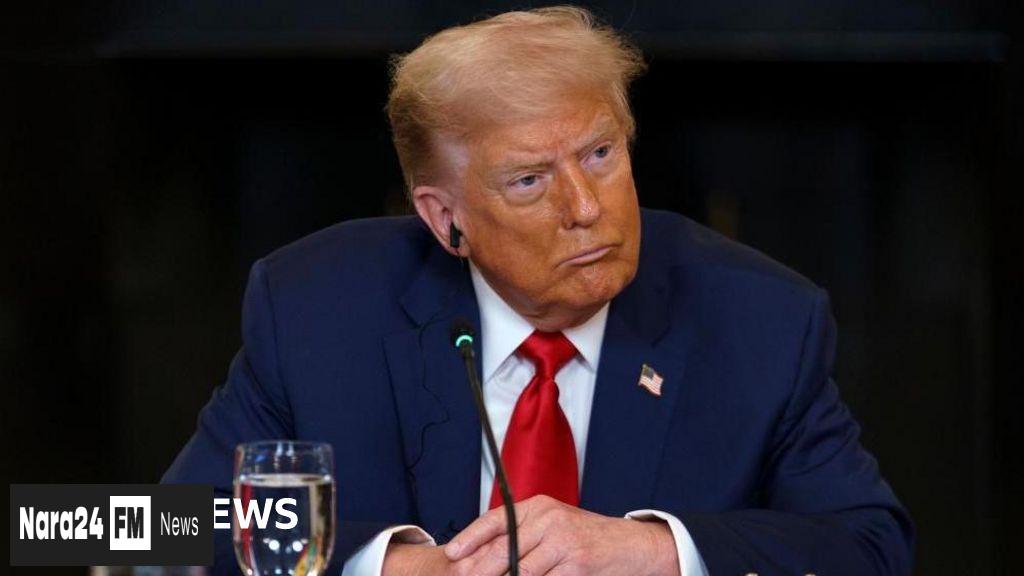
World Cup 2026 Expansion: Teams Qualifying Now Confirmed
The 48-team World Cup 2026 is shaping up. Here's the latest on which nations have secured their place and when the final draw occurs.
US President Donald Trump has threatened to impose a 35% tariff on Canadian goods starting August 1, escalating trade tensions just days before a key negotiation deadline.

US President Donald Trump has declared his intention to impose a 35% tariff on Canadian goods effective August 1, intensifying trade disputes between the two nations. The announcement, made via Trump's social media platform Truth Social, also included threats of additional tariffs ranging from 15% to 20% on most US trade partners.
This move comes as the US and Canada approach a self-imposed deadline to finalize a new trade agreement. Canadian Prime Minister Mark Carney has vowed to protect the interests of Canadian workers and businesses as negotiations continue. Trump has issued similar letters to over 20 US trade partners this week, with plans to announce new tariffs on the European Union soon.
Canada, which exports approximately 75% of its goods to the US, is particularly vulnerable to these tariffs due to its significant roles in auto manufacturing and metal supply. The country has already faced a 25% tariff on certain goods, as well as global tariffs on steel, aluminum, and automobiles imposed by the Trump administration. However, goods compliant with the North American free trade agreement currently remain exempt.
In his letter, Trump linked the proposed tariffs to several grievances, including Canada's alleged failure to curb the flow of fentanyl into the US, existing tariffs on US dairy products, and the trade deficit between the two nations. He suggested that the tariffs could be adjusted based on Canada's cooperation in addressing these issues.
Prime Minister Carney responded by highlighting Canada's efforts to combat fentanyl and its commitment to working with the US to protect communities on both sides of the border. Data from US Customs and Border Patrol shows that only 0.2% of fentanyl seizures occur at the Canadian border, with the majority intercepted at the US-Mexico border.
The two nations have been engaged in intense trade negotiations since the G7 Summit in June, where Trump and Carney agreed to reach a new deal within 30 days. Despite this, Trump has warned of further tariff increases if Canada retaliates. Canada has already imposed counter-tariffs on US goods and has pledged additional measures if a deal is not reached by the deadline.
This latest development underscores the growing strain in US-Canada trade relations, with both sides grappling for leverage in negotiations that could have far-reaching economic consequences.
Comments (0)
Leave a Comment
Be the first to comment on this article!